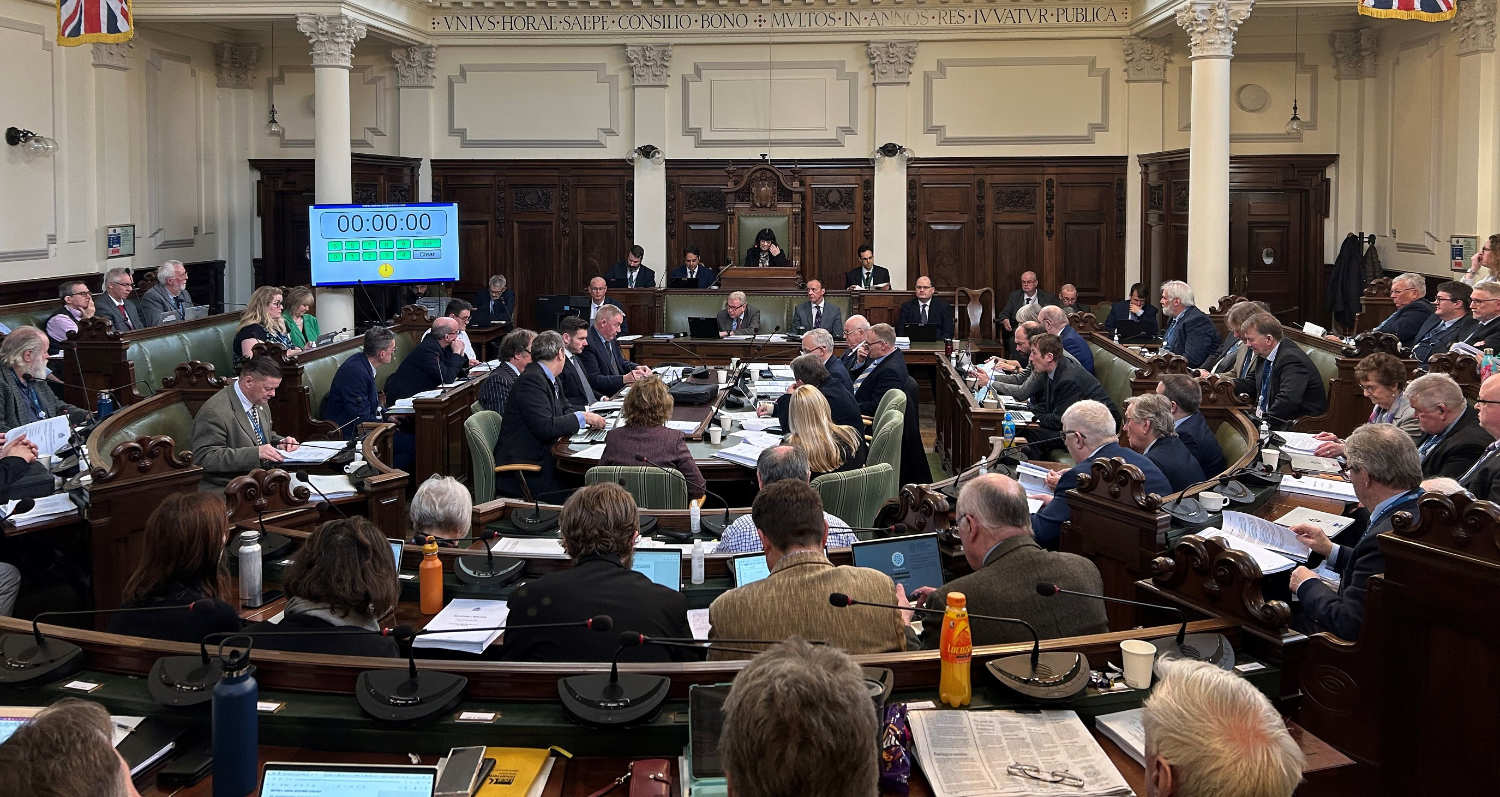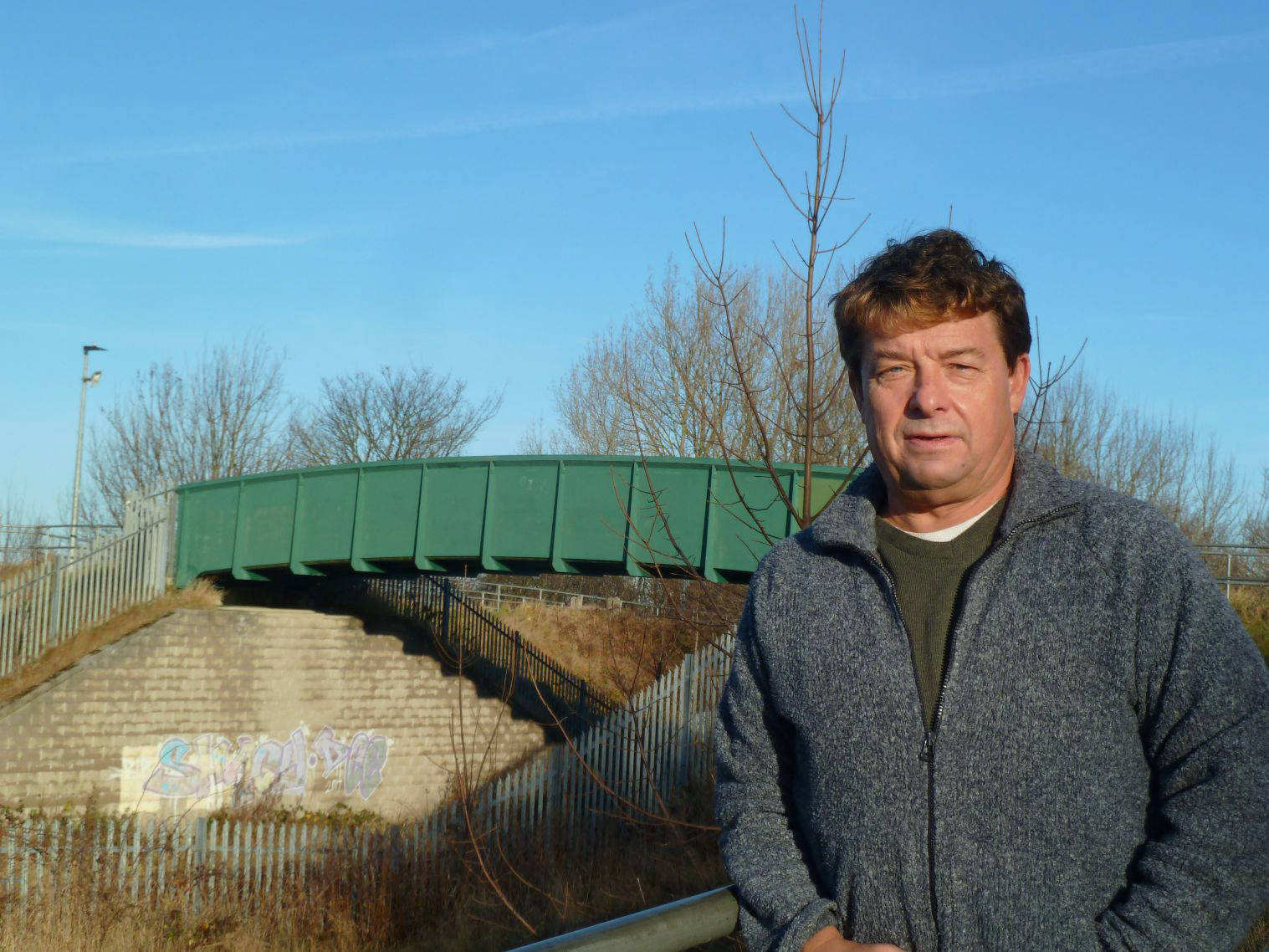The leader of North Yorkshire Council has admitted that the financial plan to deliver key services over the next year has been “one of the toughest budgets yet” amid calls for the Government to ensure a fairer funding deal for all local authorities nationally.
The council’s elected members have today (February 14) agreed the budget for the next financial year which will pay for services for hundreds of thousands of residents and businesses across the county.
The financial blueprint includes a 4.99 per cent increase in the authority’s share of council tax bills, but the council’s leader, Cllr Carl Les, maintained that there were no other options other than to introduce the rise.
The council has been hit by an unexpected funding shortfall of almost £22 million following increases in National Insurance employer contributions along with the Government’s decision to scrap a multi-million pound grant for local authorities covering rural areas.
Cllr Les said: “We are acutely aware of the financial pressures which households are facing across the county, mirroring the situation nationally.
“But we have to ensure that we can balance the budget, which has been one of the toughest yet due to the funding deal we have been given by the Government. This settlement is based on a presumption of a 4.99 per cent increase in council tax.
“If we had introduced a lower increase, this would have left an even greater shortfall in funding than the one we are facing, and this would have affected our ability to deliver the services that are so important for our communities and businesses.”
Ministers have pledged to undertake a review of local government funding, with deprivation being one of the key drivers for how much money is allocated to local authorities nationally.
North Yorkshire Council has been handed one of the worst funding deals nationally, which has left the authority with an unexpected multi-million pound shortfall.
The council has been given the fourth worst core funding settlement in the country of all unitary, London borough, metropolitan and county councils – the other three local authorities also cover large rural areas in Herefordshire, Rutland and Shropshire.
Core spending power is a measure of the resources which are available to local authorities to fund essential services ranging from waste collection and recycling to social care and highways maintenance.
North Yorkshire Council has now written to the Government to inform Ministers that plans for a judicial review could be pursued over the core funding settlement that has been given to the authority for the next financial year.
The letter sets out a number of concerns from the council about the way in which the Government has decided to allocate funding as well as the scrapping of the rural services delivery grant, a national fund to support councils covering rural areas.
The council’s deputy leader, Cllr Gareth Dadd, whose responsibilities include finance, said: “All councils are faced with significant financial challenges, but the Government needs to make sure that there is a fair funding deal for all local authorities.
“Rural councils need to be given the necessary financial resources to make sure that services can be delivered effectively for taxpayers. While we acknowledge that deprivation is an issue that has to be tackled, this cannot be at the expense of diverting funding away from rural areas to towns and cities.
“We will be making representations to the Government to ensure that our communities here in North Yorkshire are given the funding that they deserve and that we as a council can deliver the very best value for our taxpayers.”
The biggest funding pressures in North Yorkshire for the new financial year from April 1 have come about because of the loss of the rural services delivery grant as well as the unfunded rising costs of National Insurance contributions.
North Yorkshire Council received the greatest share nationally of the rural services delivery grant with £14.3 million in funding each year. The £110 million package of funding for councils covering rural parts of England was a recognition from Westminster of the challenges of providing services.
The financial pressures have been compounded by the unrelenting demand for care of older people, working age adults, and children and young people. Each hour of social care in North Yorkshire’s rural communities can cost £5 more than in other parts of the country because of the travel costs and the longer journey times between clients. The council purchases more than two million hours of care for people in their homes each year.
The council also spends more than £50 million each year on home to school transport and the policy has had to be revised after costs have more than doubled since 2018/19 when it was last reviewed.
Chancellor Rachel Reeves announced in the Budget in October last year that the rate that employers pay in National Insurance contributions will rise from 13.8 per cent to 15 per cent on workers’ earnings from April next year. The decision has left North Yorkshire Council facing a predicted £7 million shortfall, even with an estimated £5 million grant from the Government to cover the rising cost of National Insurance contributions.
Once all aspects of the local government settlement are taken into account with some funding increases in specific grants along with the rise in council tax, the council is still left with a £5 million shortfall, which will have to be covered by financial reserves.
The budget for 2025/26 was approved at today’s full council meeting and the rise in council tax of 4.99 per cent, including a two per cent precept for adult social care, equates to an increase of £92.18 per year for an average Band D property to a total bill of £1,939.54.
Following the launch of North Yorkshire Council in April 2023, a plan has been drawn up to achieve more than £60 million in further savings after bringing the county’s previous eight local authorities into one organisation – although this has still left a predicted £34 million annual deficit by March 31, 2028.







